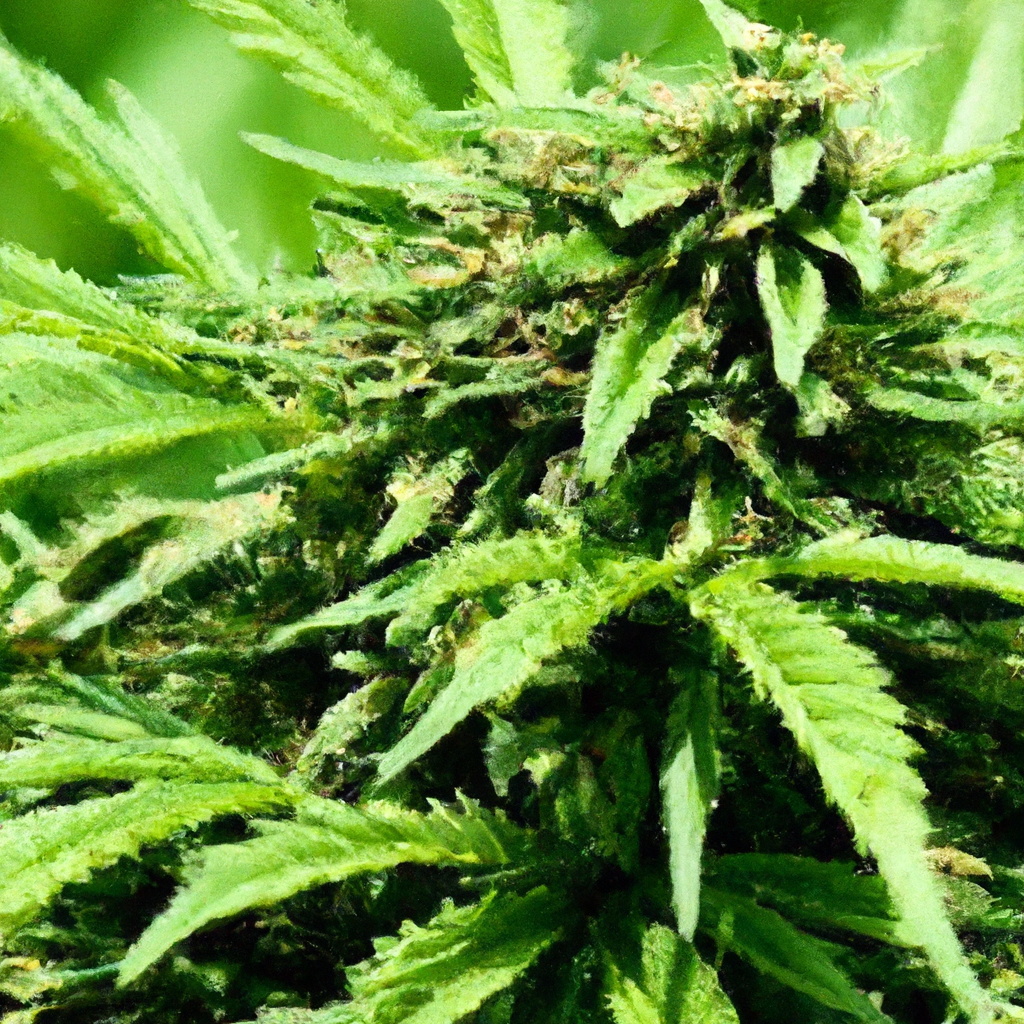Your cart is currently empty!
Organic cannabis cultivation is more than a trend—it’s a commitment to sustainability and quality. By focusing on natural fertilizers, compost, and eco-friendly pest management, growers can cultivate cannabis with integrity while promoting environmental health. This article delves into the best practices that make organic cannabis a choice beneficial for both growers and consumers.
Building a Healthy Soil Ecosystem
A thriving soil ecosystem is the foundation of successful organic cannabis cultivation. It starts with enhancing soil fertility and biodiversity. Here’s how to create robust soil:
- Composting: Utilize compost to enrich soil with organic matter, improving structure, drainage, and nutrient content.
- Cover Crops: Plant cover crops like clover and rye to fix nitrogen and prevent soil erosion, contributing to a dynamic soil ecosystem.
- Beneficial Microbes: Introduce mycorrhizal fungi and other beneficial microorganisms to enhance nutrient absorption and root health.
Natural Fertilizers for Optimal Growth
Instead of synthetic fertilizers, organic growers turn to natural alternatives that support healthy plant development:
- Bone Meal: Provides phosphorus for flowering and root growth.
- Fish Emulsion: A rich nitrogen source that promotes vigorous leaf development.
- Alfalfa Meal: Contains growth-boosting natural hormones and trace elements.
Eco-Friendly Pest Control
Pests can threaten cannabis health, but you can manage them organically without harming the environment:
- Neem Oil: A natural insect repellent effective against a wide range of pests and fungi.
- Companion Planting: Plant marigolds or basil nearby to naturally repel insects.
- Insecticidal Soap: Safe and effective for soft-bodied insects like aphids and spider mites.
The Benefits of Going Organic
Choosing organic cultivation practices offers several advantages:
- Environmental Impact: Organic methods reduce chemical runoff and preserve natural resources.
- Consumer Health: Consumers enjoy cleaner products free from synthetic residues.
- Market Demand: The growing demand for organic products increases market opportunities.
Conclusion
Organic cannabis cultivation is not just good for the environment; it produces healthier, potentially more potent, and aromatic cannabis. By building a healthy soil ecosystem, using natural fertilizers, and employing eco-friendly pest control, growers can achieve sustainable cannabis cultivation that benefits both the planet and consumers. Embrace these practices and contribute to a greener and cleaner cannabis industry.
Tags: OrganicGrowing, NaturalFertilizers, Compost, PestControl, EcosystemBuilding


Leave a Reply